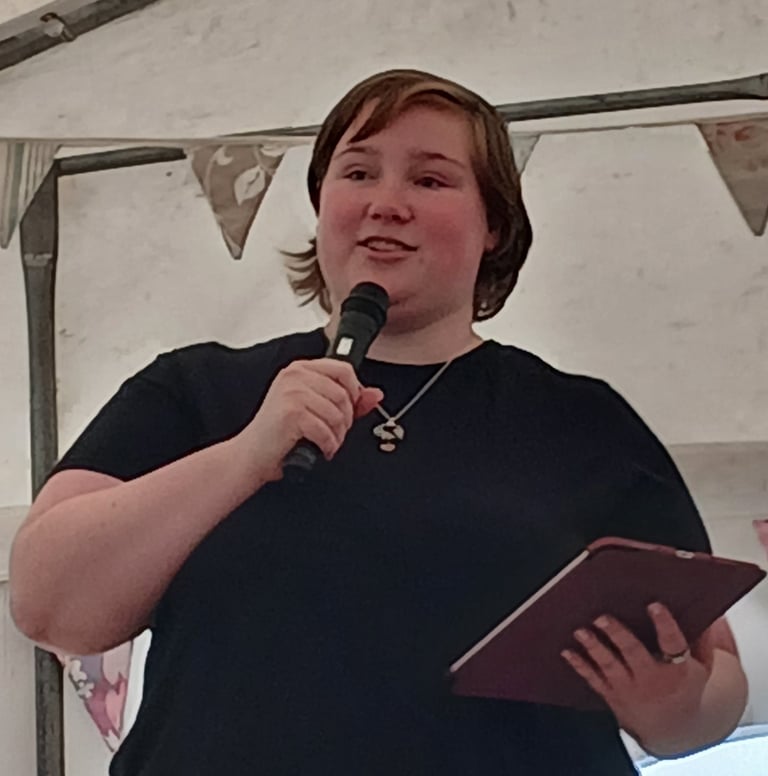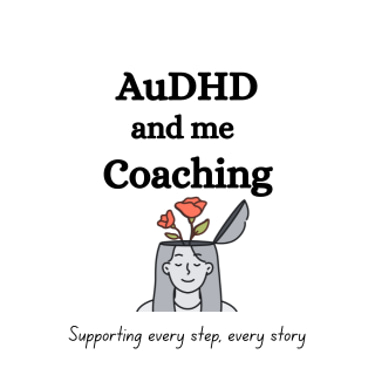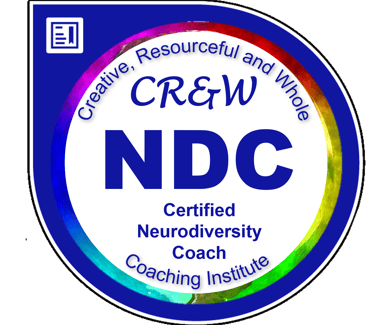Your True Authentic Self - Finding Who You Have Always Been
Caitlin
9/15/20253 min read


In this blog post, I’m sharing some of the speech I gave at the Dualla Show Wellfest, where I opened up about how you can find your true authentic self.
It was such an incredible experience to stand in that tent and speak from the heart, and I wanted to make sure those of you who couldn’t be there could still be part of it.
I hope these words and insights resonate with you.
Let me ask you something. When was the last time you felt truly and unapologetically yourself?
Not the version you take to work.
Not the polite version you bring to family gatherings.
Not the curated version you post on social media.
I mean the version of you that shows up when you feel safe, when you feel relaxed, and not editing yourself in real time.
Some of you probably had an answer instantly. Others might be thinking, “Uh… not sure I even remember what that feels like.” And for those of us who are neurodivergent, that second reaction is pretty common.
So what does being your authentic self really mean?
We hear “Be yourself” so often, it’s basically the inspirational quote equivalent of elevator music.
But let’s be clear. Your authentic self is not some flawless, always-has-it-together version of you. It’s not perfection. It’s alignment.
That means your actions match your values. Your words match your truth. Your energy isn’t being drained by constant self-monitoring.
When you’re there, life feels lighter.
You’re not micromanaging your personality.
You stop running everything you say through a mental PR filter before it leaves your mouth.
But, if you’re neurodivergent, you might have been wearing a mask for so long you’ve forgotten what your face even looks like underneath.
Let’s talk about that mask.
Many of us learned early on that our natural way of being was “too much” or “not enough.” Too loud. Too quiet. Too fidgety. Too blunt. Too distracted.
So, what did we do? We adapted.
We studied people like we were doing a PhD in “How to Look Normal.” We learned to copy, tone ourselves down, speed ourselves up.
This is called masking — and for a lot of us, it wasn’t a choice, it was survival.
But here’s the catch:
When you live behind a mask long enough… your own reflection gets blurry.
You start wondering;
“Do I actually like parties, or have I just gotten good at faking it?”
“Do I enjoy this job, or do I just know how to perform it well?”
And society? It often rewards the mask and penalizes the truth - especially when your truth doesn’t match the norm (whatever "norm" means!).
So how do we find our way back? Here’s a seven step roadmap.
1. Pause and Notice
Set aside moments just to observe yourself, without judgment. What energises you? What drains you? Your authentic self often whispers through feelings before it speaks through words.
2. Revisit Your Childhood Self
Before you learned to mask, you probably had a clearer sense of what lit you up. Think back, what games, hobbies, or topics did you lose yourself in? Those are clues.
3. Challenge the word “should”
If you catch yourself saying, “I should do this”, "I should say that" or "I shouldn't go there" - pause. Ask yourself “Is this my choice or an expectation I’ve absorbed?” Your authentic self rarely thrives on the word “should.”
4. Practice Saying "No"
For people-pleasers, “no” can feel dangerous and scary. Start small. Decline something low-stakes. “No” is one of the most powerful tools for self care.
5. Find Your People
Seek out communities where you don’t have to translate yourself. For neurodivergent people, neurodivergent friendly spaces can be game changers.
6. Experiment With Unmasking
Don’t rip the mask off all at once. That can feel unsafe. Try micro-unmasking: stim openly, drop the fake smile, use your real tone of voice. Notice the relief.
7. Give Yourself Permission to Evolve
Your authentic self isn’t fixed, it grows with you. Today’s truth might shift tomorrow. That’s not being fake. That’s being alive.
Finding your authentic self can feel messy and uneasy.
You might grieve for the years you spent hiding.
You might fear rejection when you show up differently.
You might feel disoriented, because stepping out of a role you’ve played for decades can feel like losing part of your identity.
For neurodivergent people, there’s another layer. Sometimes when we unmask, people say, “You’ve changed!”, when really, we’ve just stopped pretending!
That’s why we need compassion. Not just from others, but from ourselves.
Here’s the truth:
Finding your authentic self isn’t about becoming someone new.
It’s about remembering who you’ve always been - before the noise, before the pressure, before the mask.
Because when you live authentically, you don’t just set yourself free, you give permission for others to do the same.
And that, more than anything, is how we change the world!


